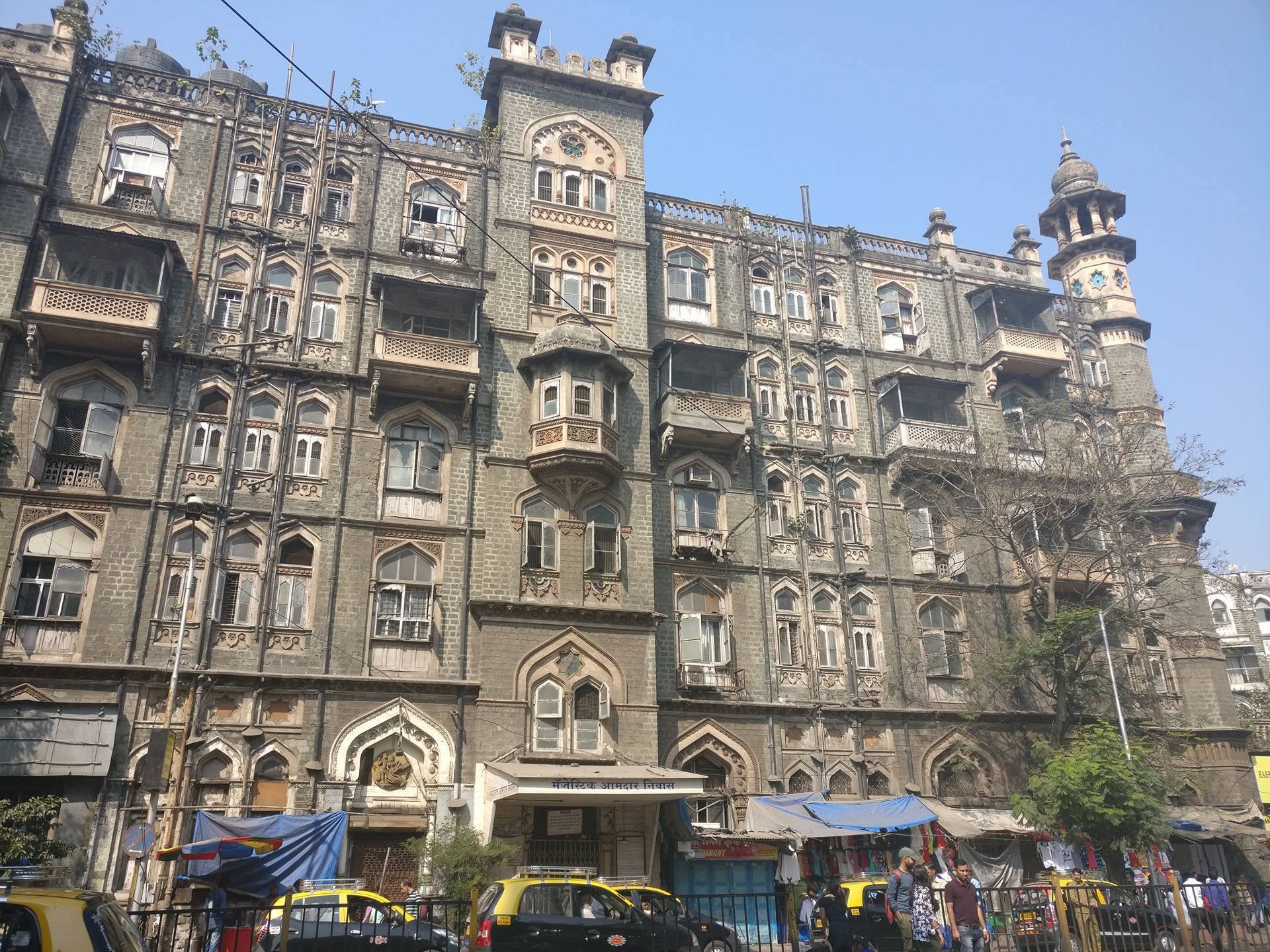Vihang Jumle explores the relationship between Britain and India and how he thinks it should develop in the future.
On 14th August 1947, the British rolled their maps and sailed back to Britain acknowledging the independence of India. Prime Minister Jawaharlal Nehru announced the independence of India in his speech 'Tryst with destiny, famously declaring "At the stroke midnight, when the world sleeps, India will awake to life and freedom". 70 years on, I can’t help wondering whether we’ve only gained partial or incomplete freedom.
It’s tricky to tell what Indians really feel about the British – there is such religious and demographic diversity in India – so drawing fair conclusions is difficult. Many strike a balance: Britain is closely associated with Imperialism, but also boasts a rich and beautiful culture. Whilst some want an end to British influence in India, others hope to benefit from British-inspired technological advancements, even arguing that British India should have been an autonomous colony like Australia.
Over a century of British rule inevitably leaves its mark
I’ve heard friends speak critically of the British for cherry picking Indians to fill clerical rolls, but also know people who defend the British for identifying Indian talent such as the mathematician Srinivasa Ramanujan. While no one I spoke to seemed to harbour any resentment towards the present-day Brits, a degree of postcolonial animosity remains; over a century of British rule inevitably leaves its mark.
 British inspired architecture
British inspired architecture
(Epigram / Vihang Jumle)
The main issues people raised were racism and monopolising the economy to serve British interests. Generation X, which kickstarted the Indian recovery after 1947, and Generation Y, which adjusted India’s direction towards economic progress, are still bitter to this day. Many hold on to nationalist feelings and want to drive business for Indian firms, rather than invest in British companies.
However, my generation is different. We are enthusiastic about the prospects of globalisation, celebrate the successes of India’s rapid, if non-linear, economic growth and seek to drive good business irrespective of the organisation’s origin. Whilst our grandparents’ generation hope that the U.K. remunerate India for its colonial exploits, we are more eager to establish employment and investment opportunities with the U.K.
 Reminders of British Imperialism are still present
Reminders of British Imperialism are still present
(Epigram / Vihang Jumle)
My aim is to get India’s current population to talk about the complex issues that surround Britain’s colonial and historical presence in India. Part of this complexity is due to varied approaches in educating the Indian population about British colonial rule creating an inevitable disparity in views. Accepting that the past cannot be changed is only part of the problem, going forward both Indian and British communities need to encourage open cultural and technological exchange and seek collected, sustainable economic growth to foster a healthy diplomatic relationship. We need to open our markets for fair competition and take stock of the huge potential benefits strong bilateral relations can have.
Featured image: Epigram / Evy Tang









